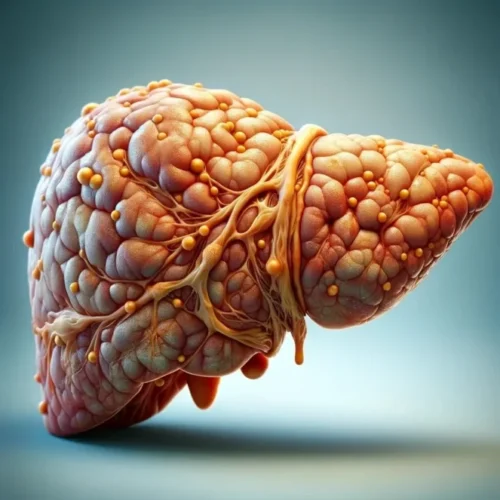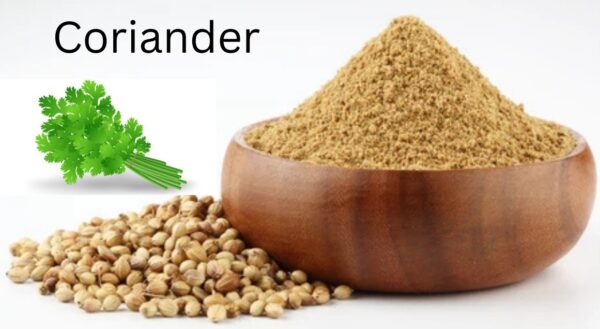Shocking but true! In India, non-alcoholic fatty liver disease (NAFLD) is becoming alarmingly common, with 1 in 3 adults affected. If you’re living a sedentary life, eating heavy foods, or dealing with stress and aggression, your liver may be crying for help. Ayurveda refers to NAFLD as Yakrit Roga or Medo Roga. It is a metabolic disorder linked to an imbalance of Agni (digestive fire) and an unhealthy gut. Left untreated, this fat buildup in the liver can cause the organ to swell, posing serious health risks. Let’s see how Ayurveda tackles this health condition holistically. Causes of Fatty Liver According to Ayurveda Ayurveda identifies specific lifestyle and dietary habits as the root causes of fatty liver: Sedentary lifestyle: A lack of physical activity slows metabolism and encourages fat accumulation. Consumption of heavy-to-digest foods: Rich, oily, or processed foods burden the digestive system. Overeating: Consuming beyond one’s capacity weakens the digestive fire (Agni), leading to fat deposition. Excessive spicy foods: These can cause inflammation and disturb the body’s Dosha balance. Hyperactive, aggressive mind: Emotional imbalances can directly impact liver health. Ayurvedic Approach to Treating Fatty Liver Ayurveda treats NAFLD through a combination of diet, lifestyle changes and mild herbal therapies. This holistic approach addresses the root cause of the imbalance rather than just managing symptoms. Step 1: Reducing inflammation Inflammation in the body must be addressed first. This is achieved by following an anti-inflammatory diet and, in some cases, incorporating mild herbs. The focus is on soothing the body and balancing the Doshas, especially Kapha and Pitta. Step 2: Apatarpana – lightening the load In this step, the emphasis is on reducing the fat or Medo Dhatu in the body by: Consuming easily digestible foods Introducing herbs that enhance digestion and metabolism. Increasing daily physical activity and avoiding sedentary habits. Step 3: Purifying the blood The liver’s role in cleansing the blood (Rakta Dhatu) is crucial. This step involves: A specialized diet to purify the blood. Mild herbal remedies tailored to the patient’s needs. Individualized cleansing therapies for the liver and intestines. By the end of three months, most patients show significant improvement, with ultrasounds often coming back clear. For more severe cases, an additional three months of treatment may be required. Ayurvedic Perspective on Lifestyle and Diet NAFLD is largely a lifestyle disease. Ayurveda emphasizes the importance of small but impactful changes: 1. Diet recommendations Fast once a month: This gives the liver time to detoxify and reset. Avoid heavy, oily, and processed foods: While Ghee is beneficial, it should be used sparingly. Switch to light, warm soups for dinner: This eases digestion and reduces the liver’s workload. Reduce use of salt: High salt intake can strain the liver. Avoid “Guru” foods (heavy foods): Heavy foods, such as wheat, potatoes, and nuts like almonds and cashews are difficult to digest and can increase Kapha. Include bitter vegetables: They help detoxify the liver and balance Kapha. Make sure to have them cooked. Reduce sweet foods: Excessive sweets increase Kapha and contribute to fat accumulation. 2. Exercise regularly Physical activity is essential to breaking down Kapha and reducing fat deposits. A 30-minute daily walk is a good starting point. Yoga practice or a light morning workout on an empty stomach yields wonderful results if accompanied by the right diet. 3. Emotional balance Emotions like anger, stress, and anxiety can disturb the liver’s functioning. Practices like meditation, yoga or deep breathing and gratitude journaling help maintain emotional and mental balance. Fatty Liver: Habits to Avoid Stop doing these things right now to avoid being affected by this condition at any point in life: Daytime napping: This worsens liver conditions. Staying awake at night: Lack of proper sleep affects the liver’s ability to detoxify and metabolize fats. Anger: Ayurveda connects anger to liver dysfunction. Ancient texts like Charaka Samhita emphasize the impact of emotional states on physical Learn more about Liver Health Non-alcoholic fatty liver disease (NAFLD) is more than just liver fat. It’s your body sending you an alarm to start making healthier decisions. That’s why the Ayurvedic approach is based on balance – balancing your diet, your emotions, and lifestyle so that you can treat your liver naturally. If you are diagnosed with NAFLD, do not jump to medications right away. Better wait and start with small things like eating healthy, working out, and managing emotions. Still, if these measures aren’t effective, see an Ayurvedic doctor. Trust me, you can reverse fatty liver and regain your health with the right guidance without popping synthetic pills. Keep in mind that the liver is your master organ. Take care of it, and it will take care of you for a lifetime! If you are struggling with any health issues, you can either book a consultation with us or send us a message via WhatsApp to +91 79074 89839. We have the best Ayurvedic doctors in Trivandrum who are always glad to help you. If you have any queries, contact us. You can also visit us at our hospital.
Fatty Liver Management with Ayurveda

